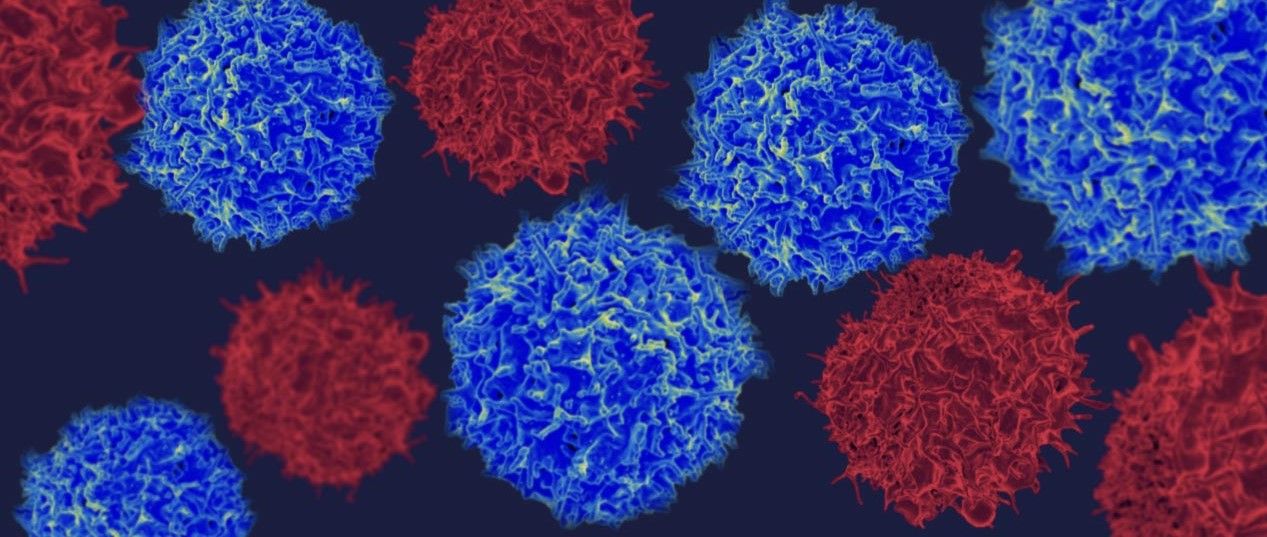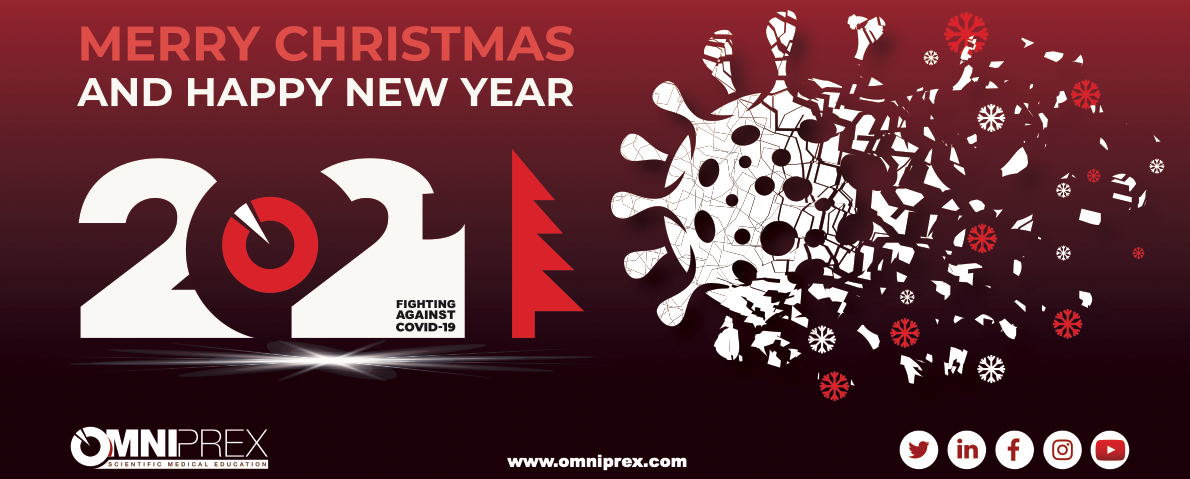Mayo Clinic researchers have refined a panel of genes they believe play a role in the development of breast cancer.
Their efforts to identify the breast cancer genes eventually may help physicians more accurately determine which women could benefit from enhanced breast cancer screening.
The research team’s findings about the association between cancer predisposition testing panel genes and breast cancer were published in a research paper in the April 2017 issue of JAMA Oncology.
“Many of the genes on commercial hereditary cancer clinical genetic testing panels do not have defined roles in breast cancer,” said Fergus J. Couch, Ph.D., a Mayo Clinic geneticist in Rochester, Minnesota, and lead author of the paper on the study’s findings. “The involvement of several of the genes in breast cancer susceptibility has not been determined. And for other genes we do not have accurate estimates of the risk level.”
Using a large clinical testing data set from Ambry Genetics, Dr. Couch and his colleagues sought to define the genes involved in breast cancer and provide estimates of cancer risk for each of the genes that predispose someone to breast cancer.
“We were able to confirm that genes, including BRCA1, BRCA2, CHEK2, ATM and PALB2, play a role in breast cancer development, which was not surprising,” Dr. Couch said. “We also unexpectedly found that the BARD1, RAD51D and MSH6 genes convey a moderate risk of breast cancer development.”
Dr. Couch and his colleagues also ruled out several genes as breast cancer genes, including RAD50 and MRE11A. These genes previously had been thought to play a role in breast cancer development, so it was a surprise to find that they weren’t involved, he said.
The new data will need to be considered by the National Comprehensive Cancer Network, which provides guidelines for clinical management of people with mutations in cancer predisposition genes, Dr. Couch said. “The results will also be useful for identifying members of families who are at increased risk of breast cancer,” he said.
http://www.mayo.edu/research/forefront/list-breast-cancer-genes-clarified




